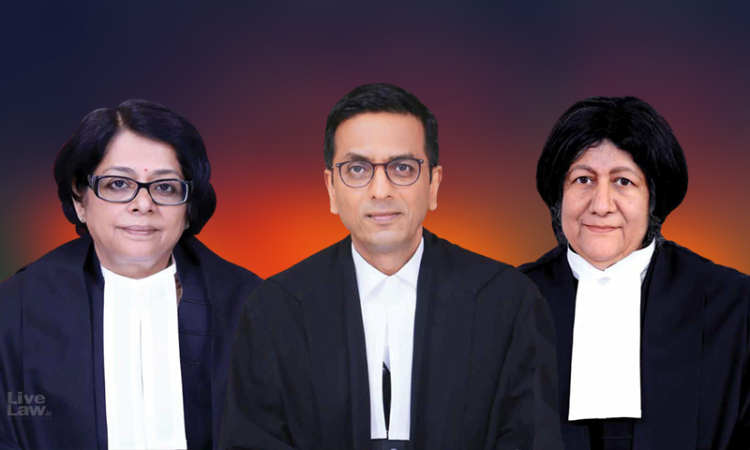The Supreme Court has observed that selective disclosures to the media during investigation of crime affect the rights of the accused and the rights of victims.The bench headed by Justice DY Chandrachud observed thus while cancelling anticipatory bail granted to in-laws of a deceased woman in a dowry death case. The Court has also directed the Central Bureau of Investigation to...

